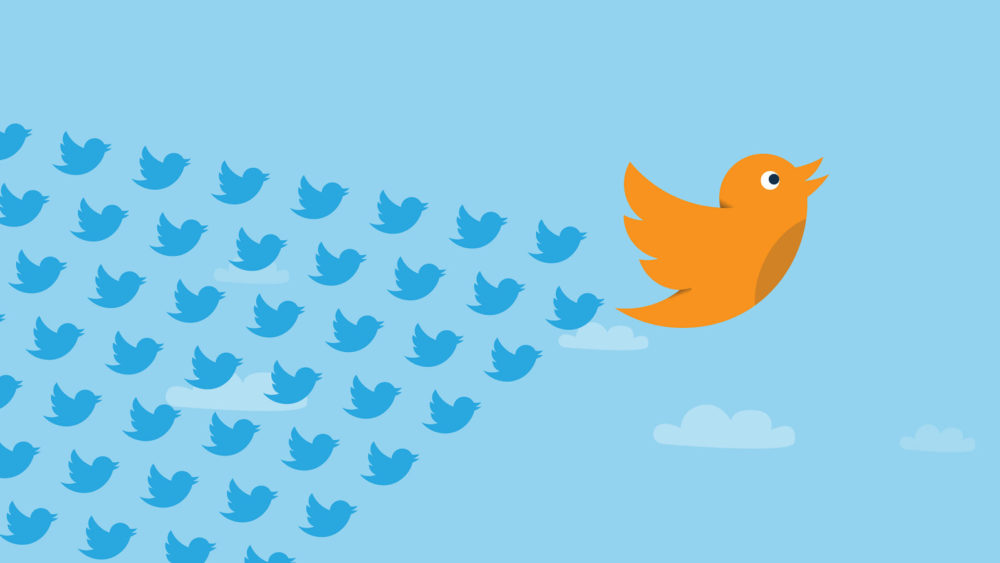Following Donald Trump’s dramatic signing of an executive order to curtail protections enjoyed by social media firms on user content, WSJ now reports a similar, more affirming stance from the US Justice department.
According to official sources who have spoken with WSJ, the Justice department’s proposed reforms are “designed to spur online platforms to be more aggressive in addressing illicit and harmful conduct on their sites”. The other idea behind those roll backs are to make social media companies “fairer” and more consistent in their decisions to take down content they find objectionable.
These new rules could be announced as soon as early Wednesday.
These roll backs from justice department follow from the ongoing tussle between US President Donald Trump and Twitter. That tussle resulted in Trump signing an executive order within just two days of threatening to do the same, even though it will be a long road for the executive order to become a reality. The tussle erupted when Trump accused Twitter of flagging his tweets unfairly, even though tweets from some of his other political opponents remained unflagged.
According to WSJ, even though Justice Department’s regulations will address similar concerns, they are much more broader in their coverage. Broader in the sense that they would hold social media firms even more accountable, seeking to strip civil immunity afforded to tech firms in a range of other circumstances apart from content policing.
For instance, these regulations will seek to remove legal protections accorded to social media platforms in cases where online scams or illicit drug trafficking happens through them. Now since all such illegal activities are user generated content and action, social media firms are not held accountable. The Justice department is looking to change that status quo. The department also wouldn’t confer immunity to platforms in instances involving online child exploitation and sexual abuse, terrorism or cyberstalking.
These protections that the social media platforms enjoy in the US come from a rule called ‘Section 230’ of the United States constitution. Under this rule, social media companies are generally not held liable for the content posted on their platforms by users. The rule was enacted in Internet’s early days, in order to promote these new-age tech companies.
